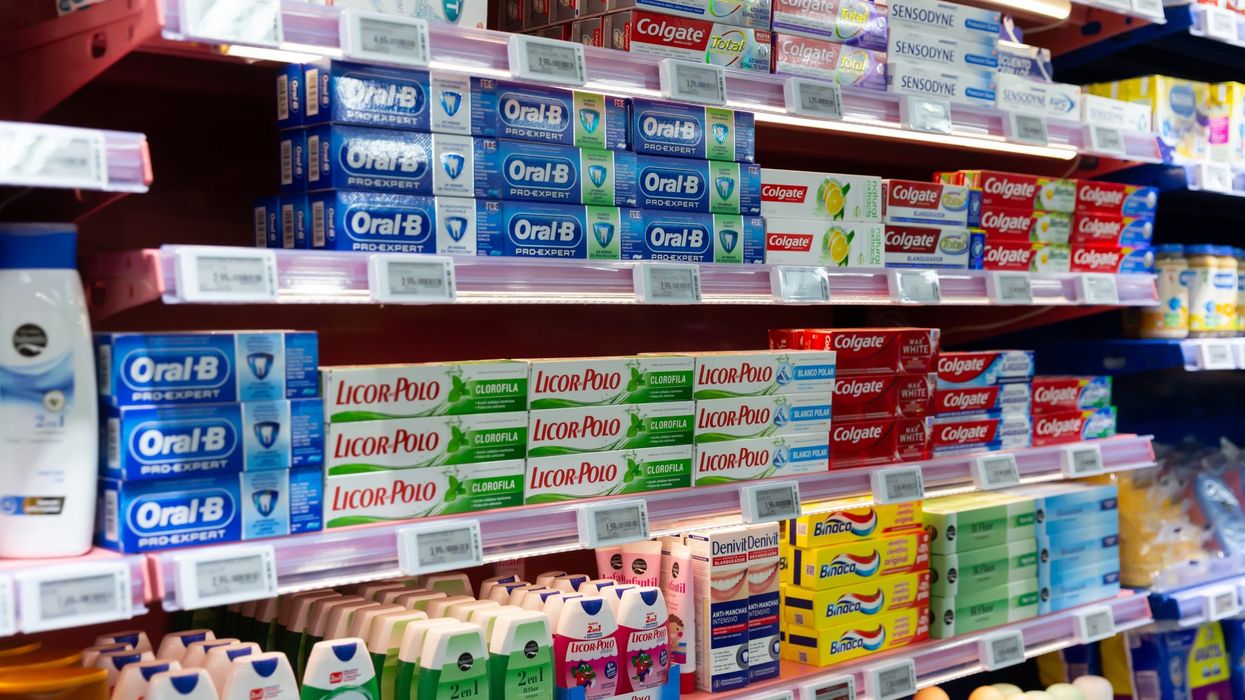Oral health promotion is a vital component of attaining overall health and well-being, yet it often remains subordinate to other areas of healthcare. Pharmacies, as easily accessible healthcare providers, play a critical role in promoting and maintaining good dental health. These are conveniently located within the healthcare system and offer a range of dental health services, from selling products like toothbrushes and toothpaste to giving advice and education on how to take care of your teeth and gums properly. Let’s look at the different ways pharmacies help improve dental health.
Accessibility and Convenience
According to my Red Deer dentist, oral health treatments must be accessible to all people. Pharmacies are easier to reach than dental clinics or hospitals because of the way they function. They are located in neighborhoods, shopping centers, and even in rural areas. This makes them a convenient initial point of contact for anyone seeking health advice. Their accessibility means they can reach a larger portion of the population compared to dentists, whom people are not likely to see regularly.
Provision of Oral Health Products
Pharmacies are relevant to oral health in the sense that they provide many products for tooth and gum care: toothbrushes, toothpaste, floss, and mouthwash. They usually have some specialized types to meet special needs, such as fluoride toothpaste that prevents cavities, whitening, and sensitive toothbrushes. They sell these kinds of items to enable people to easily acquire tools for good oral hygiene.
Education and Advice
Pharmacists can advise on how to look after your teeth and gums, tell all about the best products to use and how to use them, from brushing to flossing, why you should see the dentist regularly, and diet in connection with teeth. They can also give tips on the first warning signs of trouble—dental diseases like gum disease or tooth decay—and exactly why it is so very important to visit a dentist if you do have any problems at the first signs of trouble.
Early Detection and Referral
Pharmacies can significantly contribute to the early detection of oral health disorders. Pharmacists are familiar with the signs and symptoms of common oral health problems. During routine interactions with customers, they can identify individuals who are at risk of oral health problems and advise them to seek further evaluation from a dentist. This early intervention can prevent minor issues from developing into major ones, reducing the burden of oral health diseases.
Support for Special Populations
Some populations have special oral health needs, and pharmacies can help address these, whether they involve the elderly, children, or those with chronic health conditions. For example, pharmacies can offer age-appropriate toothbrushes and fluoride treatments for children. For older adults, they can provide products and advice to manage dry mouth. Additionally, pharmacists can assist patients with chronic diseases, such as diabetes, in maintaining healthy teeth and preventing the progression of their condition.
Collaboration with Dental Professionals
Pharmacies can increase their involvement in oral health care through collaboration with dental professionals. This may involve jointly delivering community health initiatives, such as oral health screenings or educational campaigns. By working together, pharmacists and dentists can provide an integrated approach to better oral health care, ensuring that patients receive the best possible advice.
Promotion of Preventive Care
Preventive care in oral health is very important. Pharmacies also have a very good opportunity to promote preventive measures to their patients. This can be done by promoting good oral hygiene through regular toothbrushing with fluoride toothpaste, advocating a healthy diet low in added sugar, and most of all, underscoring the importance of frequent dental check-ups. Pharmacists could also serve as reinforcers in smoking-cessation programs since smoking poses a significant risk factor to oral health.
Addressing Barriers to Oral Health Care
It may also be difficult to get dental care due to the cost of the service, lack of insurance, or a generally unfavorable attitude toward going to the dentist. Pharmacies can help remove these barriers by stocking more economical oral health products and providing a less intimidating environment for seeking advice and support. Additionally, this can raise awareness among patients about local dental services and programs that offer low-cost or free dental care.
Conclusion
Pharmacies significantly impact oral health promotion through their easy accessibility, a wide range of products, and provision of education and advice. Through early detection and referral, support for special populations, collaboration with dental professionals, and encouragement of preventive care, pharmacies greatly enhance good oral health within the community. By reducing barriers to care and encouraging good oral hygiene practices, pharmacists help people maintain healthy teeth and gums for overall health and well-being.













